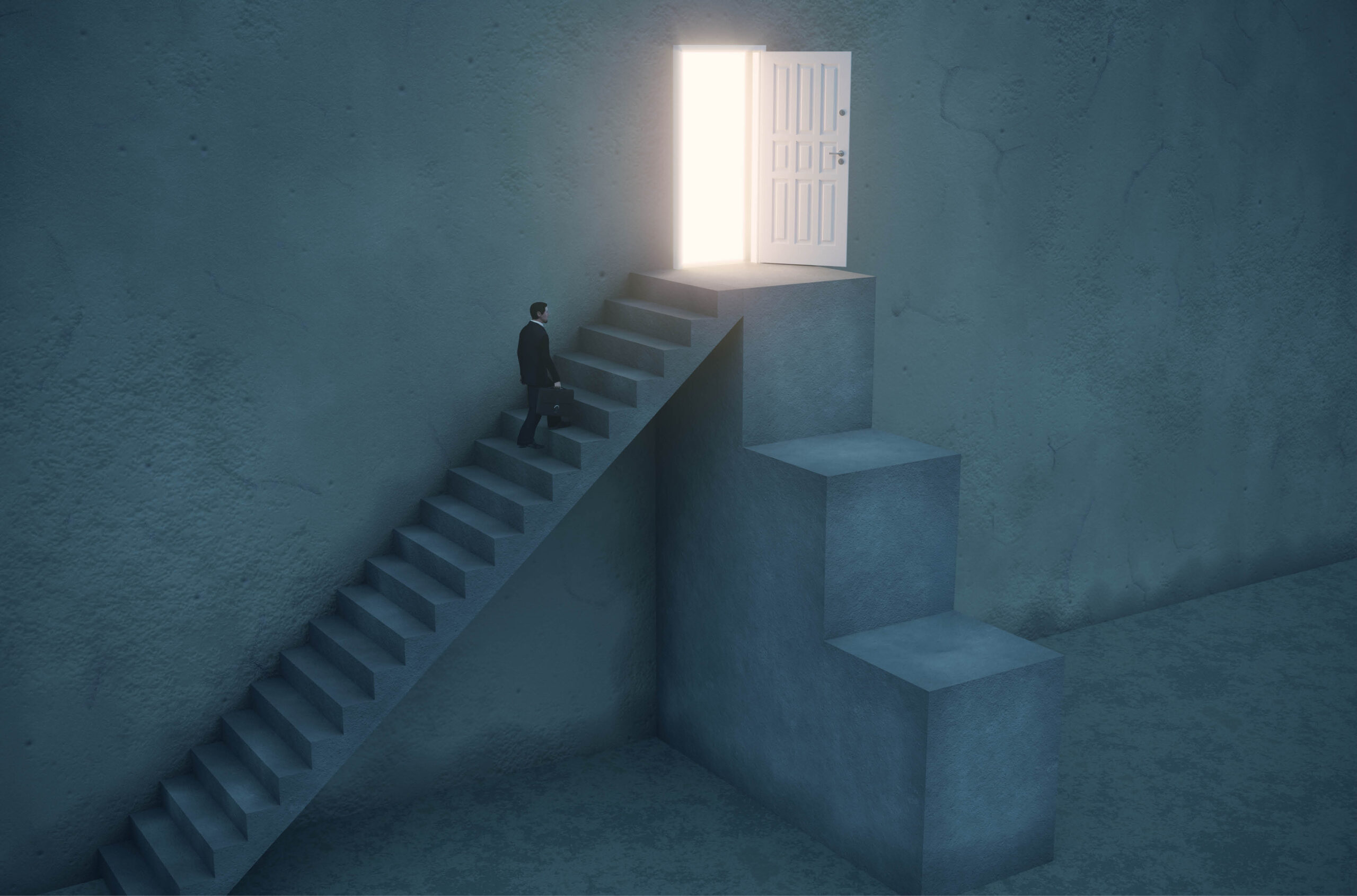The research statement: a formative tool
The composition of this document gives you the opportunity to reflect on where you are going in your career and how you are feeling about your work.

We have all at one time or another written a teaching philosophy and a research statement (also known as a program of research). We use these to apply for academic positions, we use them for tenure and promotion and we use them for applications for grants and awards. They are in standard formats and many are probably written at the last minute or to order. This is the nature of our profession. But what I’d like to suggest is that we use the research statement as a formative and discernment tool, rather than something that just needs to get done. Many people who are interested in teaching (or who are seeking teaching awards) revisit their teaching philosophy every year. In my recent columns on advanced planning (here) and on missions (here), I have recommended that we take some extra time to really think deeply about what we are doing and how we are doing it. The same can be said of a research statement, which becomes the documentation emanating from those processes of planning and self-identification.
Therefore, I recommend that every academic, every year, either at the end of the summer when research season is over, or at the beginning of the calendar year, when so many plans and goals are set (and which are sometimes just ahead of certain funding cycles) to rewrite and rethink their research statement.
Why? I believe this document is neither just a laundry list of what’s coming up in the research process nor what has recently been accomplished, but an overarching statement of who you are, what you do, and what you believe in. In reality, many scholars applying for grants have to come up with a three-year plan of research activities and outputs, so this thinking is embedded into their way of operating. But even individuals who are not held to this timeline would do well to think very broadly and deeply about their field and where they are going.
Some might argue that the nature of research is that our goals and projects are a moving target, always changing and evolving as new discoveries and insights are made. This is certainly true, and when I advise people to put together a “career itinerary” with all their projects and commitments listed, I suggest a projection of no longer than three years into the future. However, if we are not getting into the nitty gritty for planning purposes, the wider statement of research provides a forum for talking to our ourselves and others about what we are really trying to discover in our field.
Not only does the research statement provide intent and benchmarks, it can be (and should be) a philosophy. It should be individual, unique and a process of discernment. Although a teaching philosophy, as I mentioned, may have a good shelf life for a few years, it is centering and thought-provoking to update a research statement yearly, allowing you to reflect on where you are going and what you are thinking about your work. In an intellectual retreat (which I have written about here) or a long coffee shop visit, you can add thinking about this important element of your work. I suggest pairing up with a friend (either in your discipline or another) and commit to writing the statement and then exchanging statements with each other and have a lively discussion.
Elements of the research statement, or questions you can ask yourself are: what has been my trajectory so far? Who has influenced me or who have I influenced? What is important to me about my work? How do I plan to build on what has come before, or if I am going in another direction, what will that be and why am I changing course? What do I see as important benchmarks in my journey? What questions in my research remain unanswered? What is the next step or steps to achieving my goals?
For those coming up for tenure or promotion, this is an opportunity to put the spotlight on your most important contributions as well as pointing a way forward. Deans and department chairs can help in this process, and I encourage you to share your statement with other scholars in your field. So much of our research lives seem to be reactive; it makes sense to chart a course without the pressures or demands of others.
Most of us enjoy talking about our work to anyone who will listen. Wouldn’t it be nice to do that in a relaxed and leisurely manner, rather than writing up a statement under the gun of a deadline? Devoting a few hours to the statement and reflecting on it can be a very empowering experience. Feedback from others can help us to engage and refine our thoughts, and this is a perfect opportunity to think about your life’s work.
Elizabeth Wells is a professor of music history and musicology at Mount Allison University as well as author of the book The Organized Academic.
Featured Jobs
- Business – Lecturer or Assistant Professor, 2-year term (Strategic Management) McMaster University
- Education - (2) Assistant or Associate Professors, Teaching Scholars (Educational Leadership)Western University
- Veterinary Medicine - Faculty Position (Large Animal Internal Medicine) University of Saskatchewan
- Canada Excellence Research Chair in Computational Social Science, AI, and Democracy (Associate or Full Professor)McGill University
- Psychology - Assistant Professor (Speech-Language Pathology)University of Victoria















Post a comment
University Affairs moderates all comments according to the following guidelines. If approved, comments generally appear within one business day. We may republish particularly insightful remarks in our print edition or elsewhere.